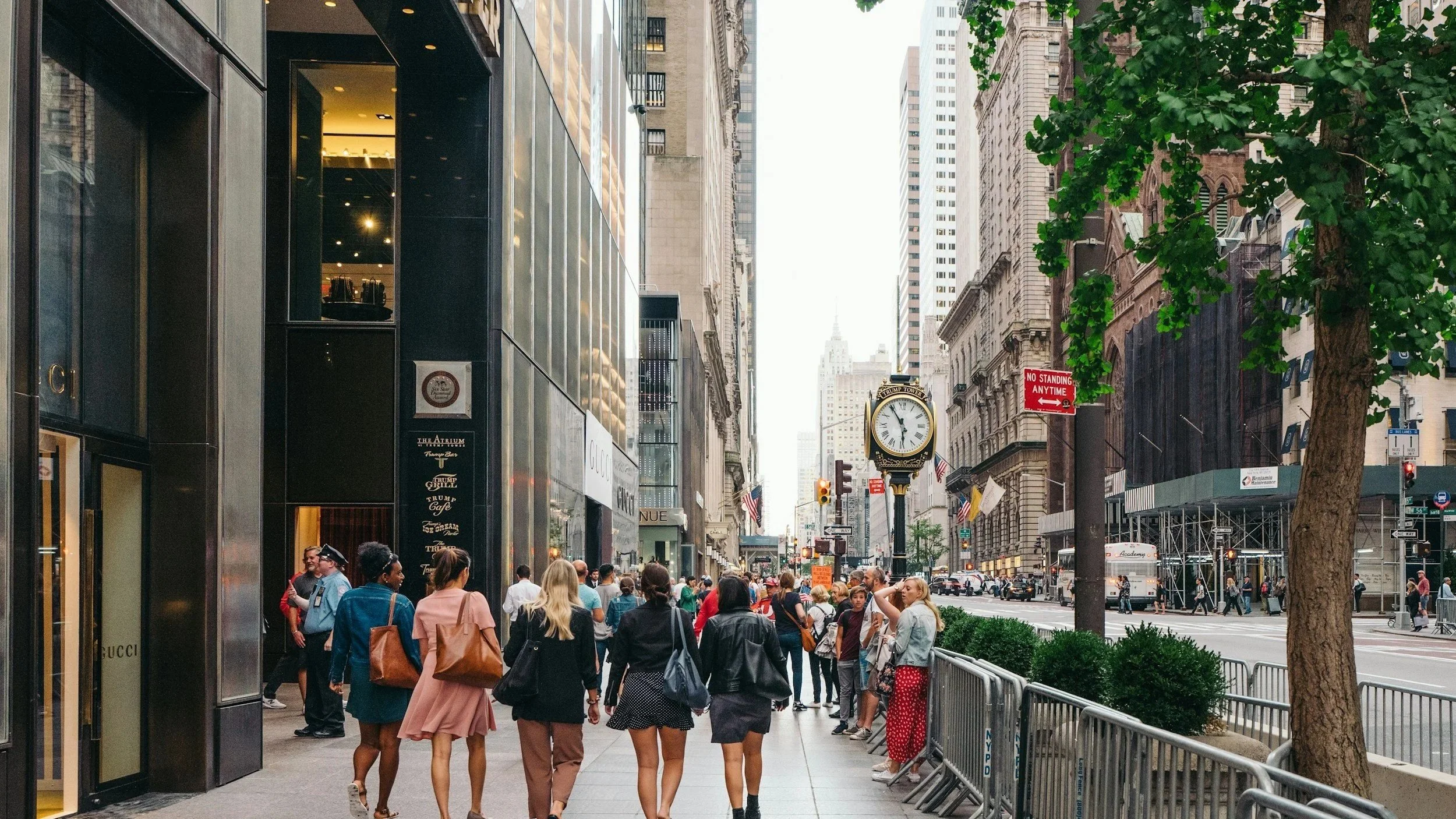CSW Amateurs: Reflections from Our First Time at the Commission on the Status of Women
In a world where global gender equality remains an elusive goal, international forums like the United Nations Commission on the Status of Women (CSW) serve as critical spaces for dialogue and policy development. In this candid reflection, two young Australian delegates - Laura Campbell and Georgia Shakeshaft - share their eye-opening experiences at the 69th CSW in New York. Their journey reveals both the promise and limitations of multilateral approaches to advancing women's rights, offering a fresh perspective on what it means to be newcomers in rooms where the future of gender equality is being shaped. From visa barriers to diplomatic tensions, from moments of inspiration to calls for greater inclusion, this firsthand account provides valuable insights into the complex machinery of international advocacy.
This March, we attended the 69th Commission on the Status of Women (CSW) at the United Nations in New York as a part of Australia’s informal youth delegation, 30 years on from the historic Beijing Declaration. As the world’s multilateral space for solving gender inequality, CSW brings together politicians, diplomats, civil society, experts and advocates from around the world.
Despite the grandeur of being at the United Nations, like many before us, we began to see the limitations in the multilateral pursuit of gender equality. Importantly, at the first event we attended, a Minister from Sierra Leone pointed out that he was speaking on behalf of a young woman whose visa had been denied, despite being invited to speak by UNICEF. Access to the United Nations is dependent on the visa regulations of the United States, and therefore many young people, especially from the global majority, cannot physically access the decision-making rooms. It was a stark reminder to start the week.
We were also concerned to see limited discussion of key feminist issues, including peacebuilding in an era of escalating global conflict and sexual health and reproductive rights.
Our experience at CSW was drastically altered by it being a non-negotiation year, which meant that states relied on soft diplomacy, without having to face significant criticism or compromise for women’s rights.
Beyond questions about the practical merits of the CSW, this year carried an air of concern about the future of diplomacy and of multilateralism. Amongst the busyness of the Commission, news was breaking about the UN’s unresolved funding crisis, with this spilling into the events as UN officials openly requested that countries financially support the institution. The Trump presidency and its antagonistic approach to international relations were also hard to set aside, given the visa troubles so many faced, the generally tense atmosphere from being in the United States, and the open digs at recent US foreign policy made by officials of various governments which were met with applause.
Despite the considerable amounts of cynicism we acquired, experiencing CSW also reinforced its necessity. Being privileged Australians, some of the messages portrayed at various panels felt redundant to our ears - of course having extended maternity and paternity leave benefits all of society, of course it’s important for women to have leadership positions in the workplace, of course women should have ready access to period products. Stepping back, however, we realise these panels were not for us. They were for countries who have not yet taken steps to cement these policies and are looking for inspiration, and for this purpose they are invaluable. Australia too is far from perfect - there were many excellent initiatives shared by governments and Civil Society Organisations which we can learn from, and made note of.
Furthermore, it could be hard from our position to see the full extent of the progress made. We rarely saw the coffee chats between diplomats, or the meetings of activists and advocates, where the plans began to form for enacting real change.
On the theme of real impact, we were lucky enough to hear from a panel of Beijing veterans about their reflections on the Beijing Declaration. Former Mexican Foreign Secretary Patricia Espinosa perfectly articulated the mood of the Commission when she said, “Everything we have achieved is not a given… We have to fight.”
Another memorable moment was witnessing members of the South African delegation bursting into song at the conclusion of a panel about the upcoming G20. In a week where global political tensions were barely kept beneath the surface, this joyous sharing of culture was a welcome relief and a moving reminder of how special these international fora can be.
Looking to future CSWs, we hope there can be further youth inclusion amid national delegations to speak on behalf of our generation and to the unique issues we face. We also welcome further inclusion of trans and gender-diverse people, who were, disappointingly, largely unacknowledged or met with outright transphobia from certain places in this forum. As CSW is our space to advocate for and realise gender equality, we hope in future that the Commission can better reflect the reality and voices of all women, girls and gender diverse people globally. In this current era of multilateral revitalisation, we know achieving this vision of CSW is possible.
Content moderator: Brianna Delahunty

